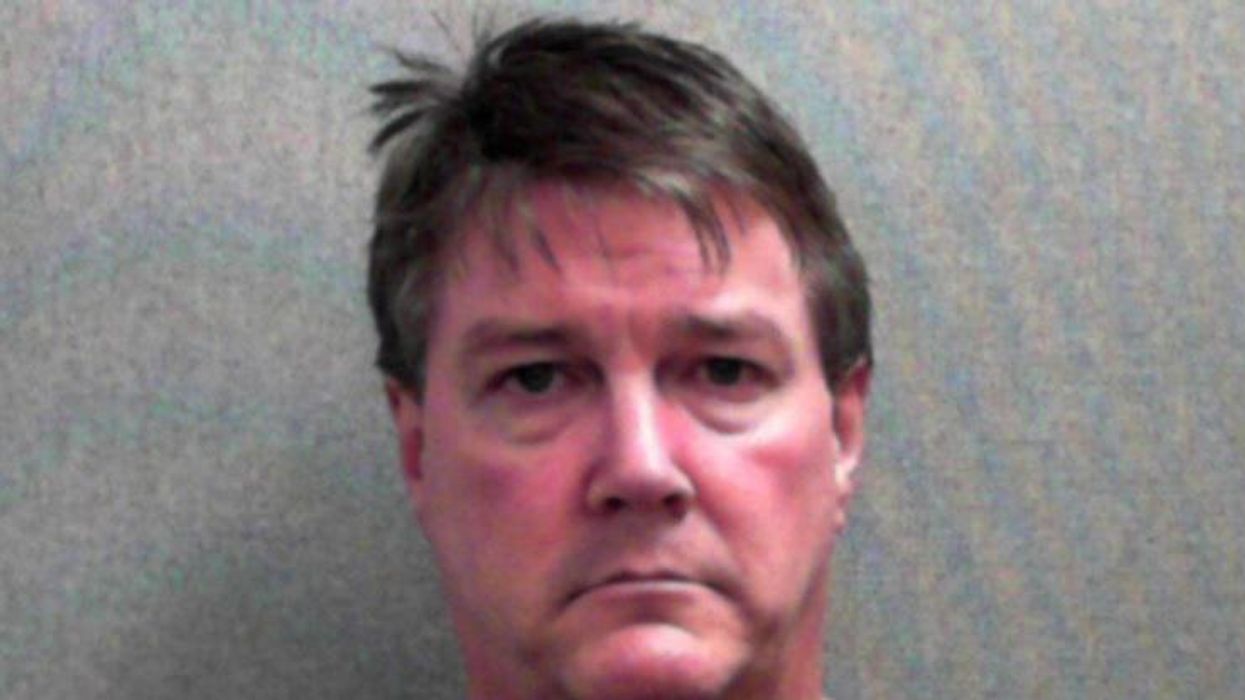
Image source: Wayland, Mass. Police Department

Massachusetts resident David Staveley is headed to prison after being sentenced for his role in a scheme to defraud the government out of hundreds of thousands of dollars in Paycheck Protection Program (PPP) loans. Staveley was the first person in the country to be criminally charged with fraud in connection with the loans.
The PPP was included in the Coronavirus Aid, Relief, and Economic Security (CARES) Act, which was passed by Congress and signed by then-President Trump in March 2020. The program was intended to provide $349 billion in interest-free loans to companies so that they could meet payroll obligations during the economic devastation caused by lockdowns instituted in response to the COVID-19 pandemic. The program was subsequently expanded with an additional $320 billion in funding in April.
Due to the speed with which the act was passed and the haste with which the money was disbursed, the program was rife with fraud from its inception. One study estimated that as many as 15% of the loans distributed under the program may have been fraudulent. Additionally, while the program required businesses to commit to keeping employees on payroll for a number of months, many businesses were harshly criticized for taking loans they were technically qualified for, even though they intended to offshore jobs even before the pandemic started.
In Staveley's case, prosecutors say that he and an accomplice, David Butzinger, filed fraudulent applications for four different businesses they claimed to co-own. Three of the businesses were restaurants that had closed prior to the start of the pandemic, and the fourth was a company called Dock Wireless. According to NBC News, the scheme began to unravel when FBI agents interviewed four people who were identified on loan paperwork as Dock Wireless employees, and discovered that none of the four had ever worked for the company. Further investigation revealed that neither Staveley nor Butzinger had any ownership interest in the company. Federal agents then investigated other loan applications filed by Staveley and discovered that the restaurants in question were closed and had no plans to reopen.
Staveley and Butzinger were then arrested in May of 2020 and were released to home detention with electric monitoring while awaiting trial. According to prosecutors, Staveley then removed his monitoring device, wrote a fake suicide note and left his wallet in an unlocked car parked next to the ocean. He then spent the next two months "travel[ing] to various states using false identities and stolen license plates," according to prosecutors. Staveley was eventually tracked down and arrested by U.S. Marshals in Alpharetta, Georgia.
In May of 2021, Staveley pled guilty to a number of charges, including conspiracy to commit bank fraud, according to the BBC. Staveley was sentenced on Thursday to four and a half years in prison, followed by supervised release. In the sentencing memo prosecutors filed in the case, they claimed that Staveley "saw the economic emergency created by the pandemic simply as an opportunity to make himself rich by taking for himself what was meant for those in need."